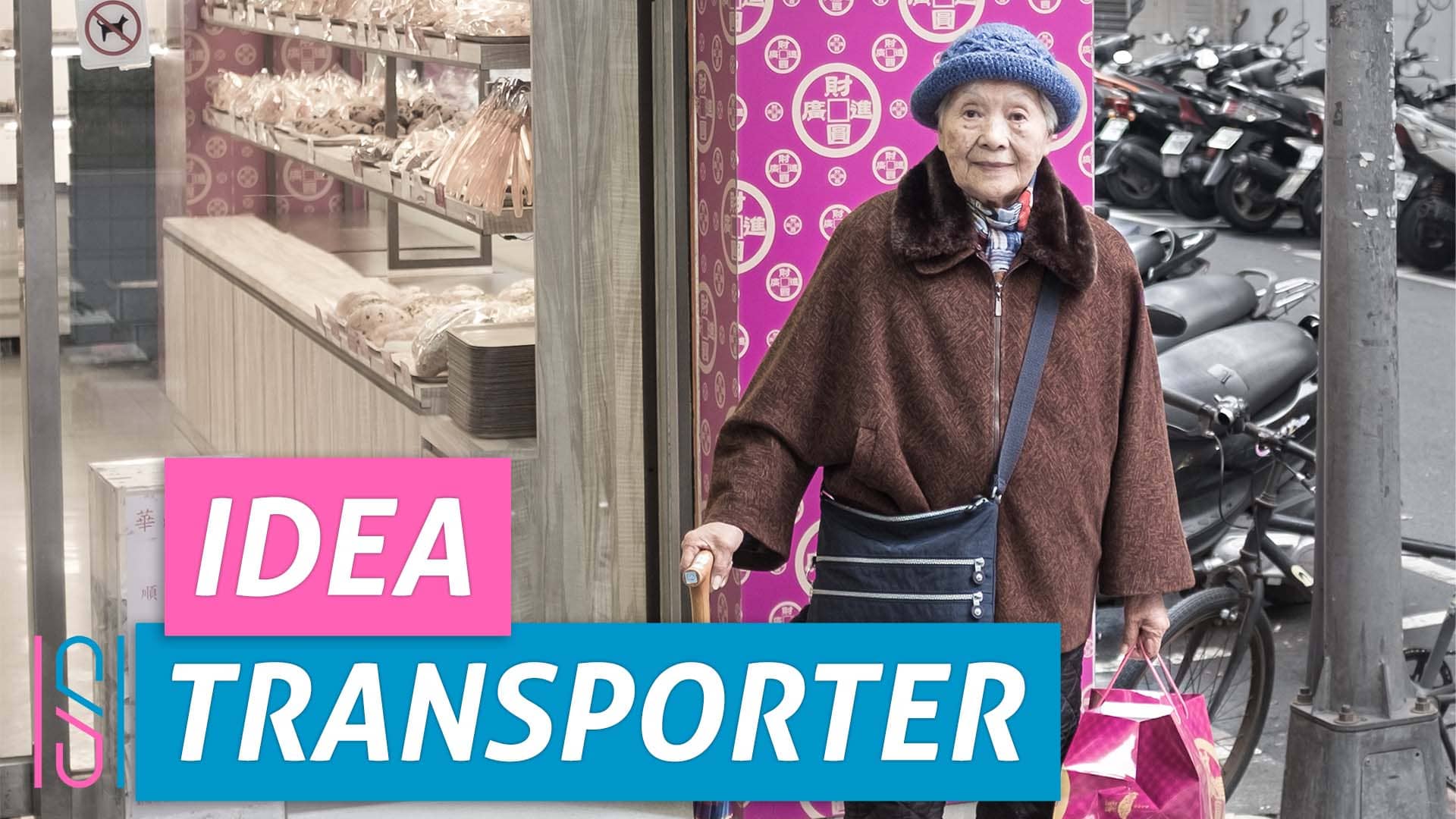"Transfer" has been called the "Holy Grail of education." -- Ultralearning by Scott Young
It happens when you learn something in one context, say in a classroom, and can use it in another context, in real life.
About twenty years ago, I hired a brilliant young man to create algorithms for a startup I was involved in.
This guy was the most brilliant riddle solver. Every time we went out for a smoke, I challenged him with new riddles to solve. He solved each one within minutes—even tough ones we used as a test for much higher educated candidates.
Creating an algorithm to solve a problem is very similar to solving a riddle. You have a starting situation, an end goal, and a defined set of rules.
This young man was not able to apply his talent in solving riddles to creating algorithms. It's not that his algorithms were terrible, he was stuck with creating them.
Transference of knowledge to practice is hard.
The same is true for ideas. The fact that your idea is yours does not automatically mean you can transfer your vast knowledge about it into successful implementation.
Your idea, the way you hold it in your head, is too big and full of details. It's overwhelming, even with simple ideas. It's even more so for innovative ones.
To transfer your knowledge into a plan of action, an algorithm, you need a way to essentialize your idea, then define a set of rules, helping you achieve a quick and successful implementation.

